Britain & Ireland
The Tudors continue to fascinate and some of their story is told here along with the other dynasty of the period the Stuarts. Alongside those resources are the podcasts on the ideas that transformed British society during that period and created a United Kingdom for the first time. The industrial revolution is explored through poetry as well as technology. Religious collapse, change and diversity are all themes explored in this section. Read more
Sort by:
Date (Newest first) | Title A-Z
Show:
All |
Articles |
Podcasts |
Multipage Articles
-
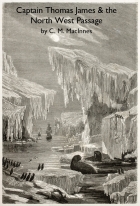
Captain Thomas and the North West Passage
ArticleClick to view -
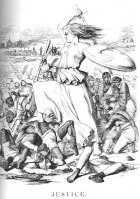
Cartoons and the historian
ArticleClick to view -

Central and Local Government in Scotland Since 1707
ArticleClick to view -

Currency and the Economy in Tudor and early Stuart England
ArticleClick to view -
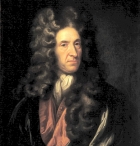
Daniel Defoe, public opinion and the Anglo-Scottish Union
ArticleClick to view -
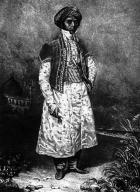
Dean Mahomet: Travel writer, curry entrepreneur and shampooer to the King
ArticleClick to view -

Elizabeth I
ArticleClick to view -
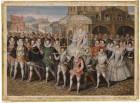
Elizabeth I: ‘less than a woman’?
ArticleClick to view -

Empires of Gold
ArticleClick to view -
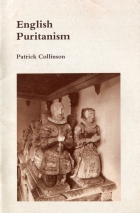
English Puritanism
ArticleClick to view -

Enter the Tudor Prince
ArticleClick to view -

Eyam: the plague village 1665-66
ArticleClick to view -
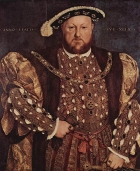
Faction in Tudor England
ArticleClick to view -
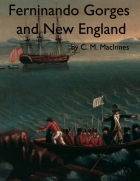
Ferninando Gorges and New England
ArticleClick to view -

Film: Attic Inscriptions
ArticleClick to view -

Film: Elizabeth I - Interpretations
ArticleClick to view -

Film: The ladies-in-waiting who served the six wives of Henry VIII
ArticleClick to view -

Film: Tudor Royal Authority - Interpretations
ArticleClick to view -

From tragedy to triumph: The courage of Henrietta, Lady of Luxborough 1699-1756
ArticleClick to view -

George III & America
ArticleClick to view

